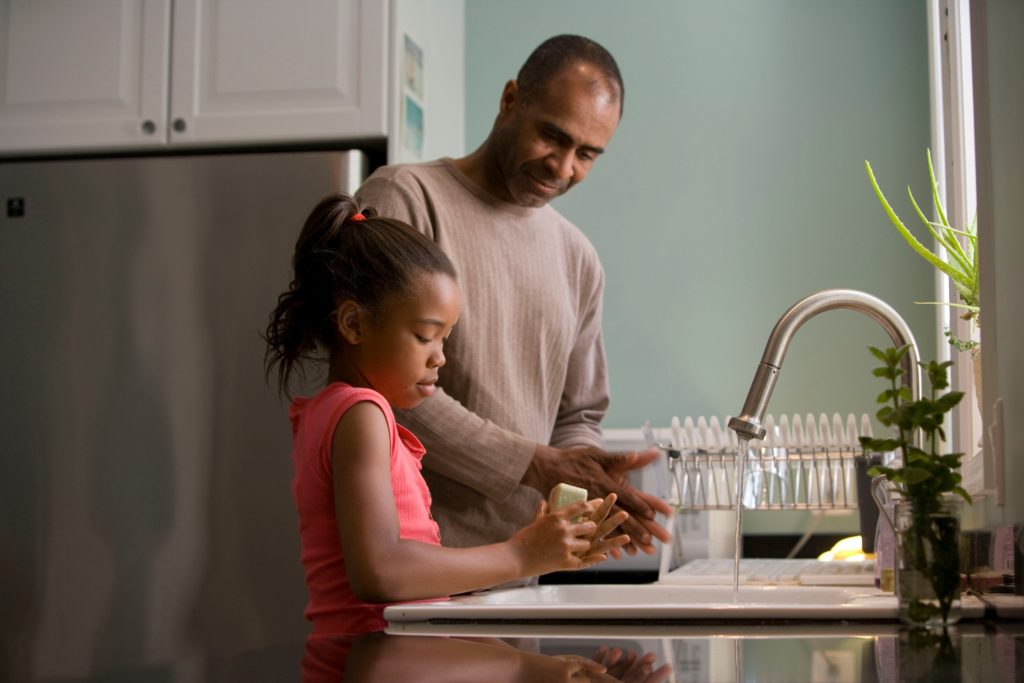Making Sense & Assuming Leadership
The physical symptoms of the pandemic-provoked health issues and social measures (i.e., lockdown, confinement at home, no school, social distancing, etc.) have been and continue to be well documented. Not so much the mental health issues. Although we recognize how both bear on each other, mental health problems may be niggling beyond this outbreak and close monitoring is advised.
HONEST COMMUNICATION
You know how in the more normal/less challenging times before the corona outbreak you used to say that kids were actually very intelligent? That you were better off being honest and forthright, albeit in a format that might make it more comprehensible to them? A parable, a metaphor, or using their own words? That knowledge, that wisdom still stands. And gains terrain. Now more than ever. Because the information exchange now deals with intimate changes within themselves, their family, and their immediate world, maybe even life and death. It is key for parents to understand that when this honest exchange in search of full comprehension is absent, kids will try to make sense of it all on their own.
DIFFERENT AGES = DIFFERENT APPROACHES
The first order of business for parents who might have children in different age brackets is to understand how drawing a line between older kids (tweens & teens) and younger children (post-toddler to pre-teens) is an excellent starting point.
Older children will showcase mood swings, emotional irritability and variable grumpiness. In their construct and worldview, social distancing (separation from peers) is an aberration. Clinical psychologist John Duffy explains, “Tweens and teens steady themselves emotionally in relationship to each other.” In this case, enabling all the work-at-home, multi-participant, video conferencing and meeting tools —that they are familiar with, in any event— is a good idea, so they may keep an ongoing and fruitful back and forth with their closest friends on a daily basis.
Younger children are hyper aware of themselves, including their own bodies, and their family members. As is true of seniors, disruption of routine at these ages is especially trying. Consistency is golden. Plus, their increased clinginess and dependence, even physical, means that they are especially attuned to how adults manage and display stress. “Anxiety is far more contagious than any virus, and kids are going to soak that up,” says Rachel Herbst, head of Integrated Behavioral Health Services in Primary Care at Cincinnati Children’s Hospital. Heeding the nautical helmsman’s instruction ‘Steady as she goes’ is the catchphrase here and constant kiddie vigilance the recommended course.
THE RIGHT EXTERNAL RESOURCES
Of course, immediate family and friends will be the daily rock on which children rely. However, this task might often prove daunting for adults, especially in the case of single parents, divided families, and parents of children with pre-existing mental health conditions. For all, but especially for the second group, it is important to be keenly aware of all the online resources that private and public mental health and psychological entities and associations put at their disposal. We found the website of the American Psychological Association (APA), and this page specifically, truly useful.
Sources:
https://www.nationalgeographic.com/family/in-the-news/coronavirus/kids-mental-health-coronavirus/
https://www.thelancet.com/journals/lanchi/article/PIIS2352-4642(20)30097-3/fulltext


